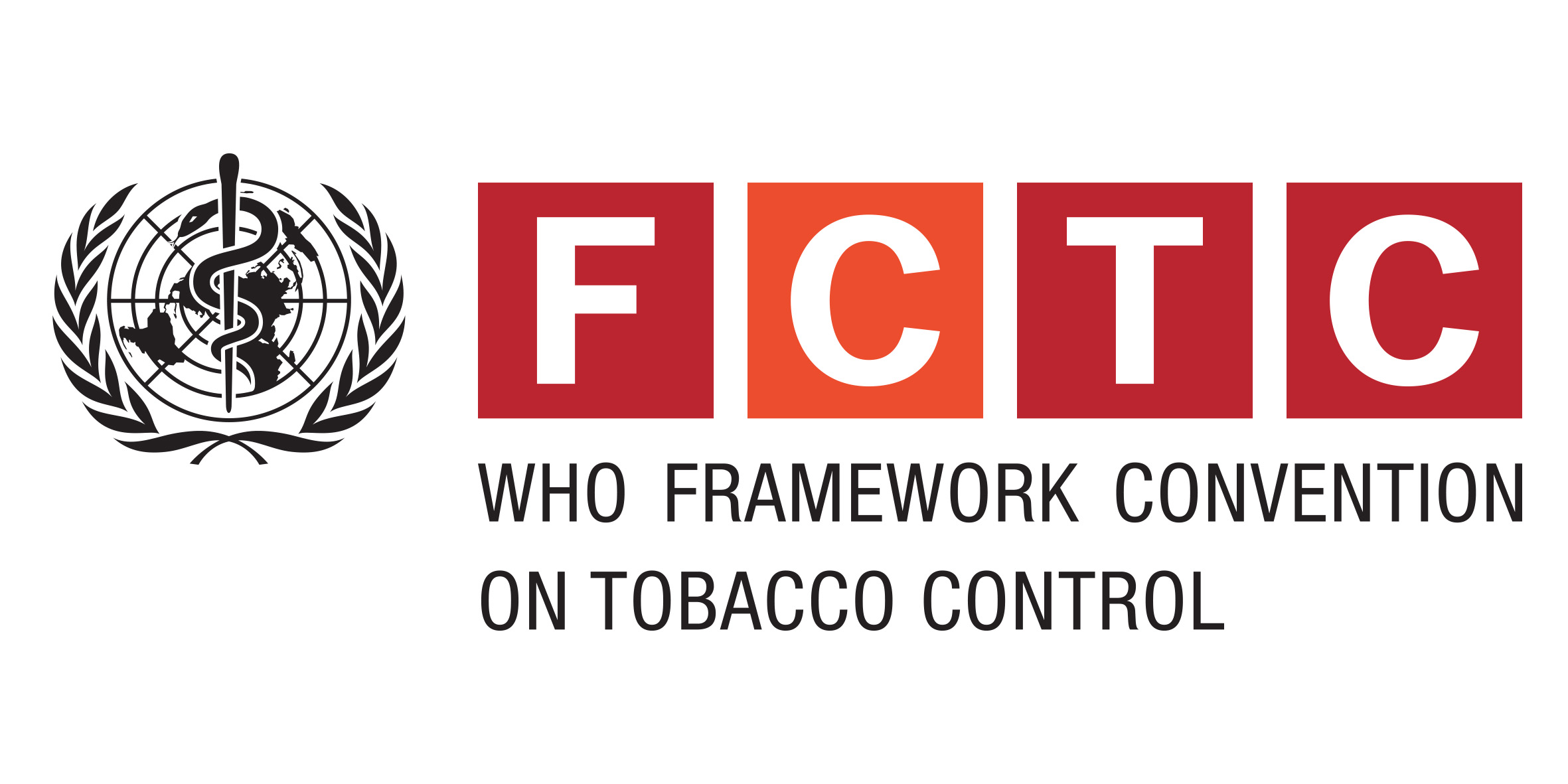Journal Article
Print(0)
Annals of the New York Academy of Sciences
Ann.N.Y.Acad.Sci.
15-Aug
LR: 20160815; CI: (c) 2016; JID: 7506858; OTO: NOTNLM; 2016/04/22 [received]; 2016/06/25 [revised]; 2016/07/07 [accepted]; aheadofprint
1749-6632; 0077-8923
PMID: 27526024
ENG
JOURNAL ARTICLE
10.1111/nyas.13190 [doi]
Unknown(0)
27526024
Autophagy is an evolutionarily conserved cell survival program that degrades dysfunctional organelles and misfolded or long-lived proteins through the formation of lysosomes. Basal autophagy helps to maintain cellular homeostasis, while additional autophagy can be induced under cellular stress conditions. Autophagy has shown to be involved in a variety of diseases, such as inflammation, autoimmune diseases, degeneration, and cancer. We review the relevance of autophagy to the diagnosis and clinical management of esophageal diseases with the following questions in mind. What is autophagy and can/should we detect it in routine pathology specimens? What is the role of autophagy in gastroesophageal reflux disease/inflammatory esophageal disease? What role may autophagy play in the interaction between pro- and antiapoptotic pathways in esophageal malignancies and treatment?
New York Academy of Sciences
Langer,R., Streutker,C.J., Swanson,P.E.
Institute of Pathology, University of Bern, Bern, Switzerland.; Li Ka Shing Institute, St. Michael's Hospital and Department of Laboratory Medicine and Pathobiology University of Toronto, Toronto, Canada.; Cumming School of Medicine, University of Calgary
20160815
http://vp9py7xf3h.search.serialssolutions.com/?charset=utf-8&pmid=27526024
2016

